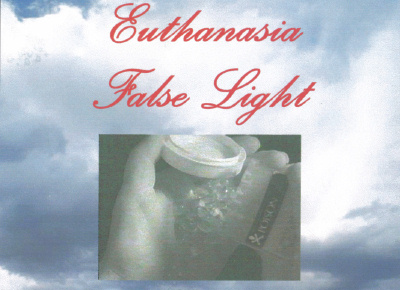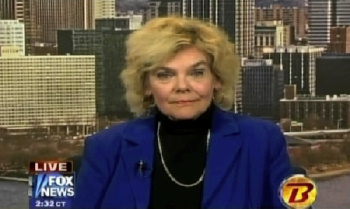On April 10, 2001, a Dutch law permitting both euthanasia and assisted suicide was approved. That law which went to effect on April 1, 2002, is summarized below:
Due Care is required
- Requires that the physician “has terminated a life or assisted suicide with due care.” [Chapter II, Article 2, 1,f.] This requirement – that the procedure becarried out in a medically appropriate fashion – transforms the crimes of euthanasia and assisted suicide into medical treatments.
- Specifically allows euthanasia for incompetent patients. Persons 16 years old and older can make an advance “written statement containing a request for termination of life” which the physician may carry out. [Chapter II, Article 2, 2.] The written statement need not be made in conjunction with any particular medical condition. It could be a written statement made years before, based upon views that may have changed. The physician could administer euthanasia based on the prior written statement.
- Teenagers 16 to 18 years old may request and receive euthanasia or assisted suicide. A parent or guardian must “have been involved in decision process,” but need not agree or approve. [Chapter II, Article 2, 3]
- Children 12 to 16 years old may request and receive euthanasia or assisted suicide. A parent or guardian must “agree with the termination of life or the assisted suicide.” [Chapter II, Article 2, 4]
- A person may qualify for euthanasia or assisted suicide if the doctor “holds the conviction that the patient’s suffering is lasting and unbearable.” [Chapter II, Article 2, 1b] There is no requirement that the suffering be physical or that the the patient be terminally ill.
Oversight is by non-judicial committees
All oversight of euthanasia and assisted suicide will be done by a “Regional Review Committee for Termination of Life on Request and Assisted Suicide” after the death of the patient. [Chapter III}
- Each regional committee will be made up of at least 1 legal specialist, 1 physician and 1 expert on ethical or philosophical issues. [ Chapter III, Article 3, 2}
- An expert in “philosophical issues” is one who has expertise regarding the “discussion on the prerequisites for a meaningful life.” [Chapter III, Article 3, 2, fn 1]
Change in burden of proof
Under the prior practice of euthanasia in Holland, the “burden of proof” was on the physician to justify the termination of life. The change in the law shifts the burden of proof to the prosecutor who will be required to show that the termination of life did not meet the requirements of due care. The prosecutor will not receive information about any euthanasia death unless it is forwarded by a Regional Committee. [Chapter III, Articles 9 and 10]
Residency not required
The prospect of “euthanasia tourism” exists. Although public relations statements about the law have claimed that only Dutch residents will be able to receive euthanasia or assisted suicide, the law does not prohibit doctors from administering euthanasia to non-residents.
Holland’s Euthanasia Law (Text of Dutch law)
Background and additional information about Dutch euthanasia.




